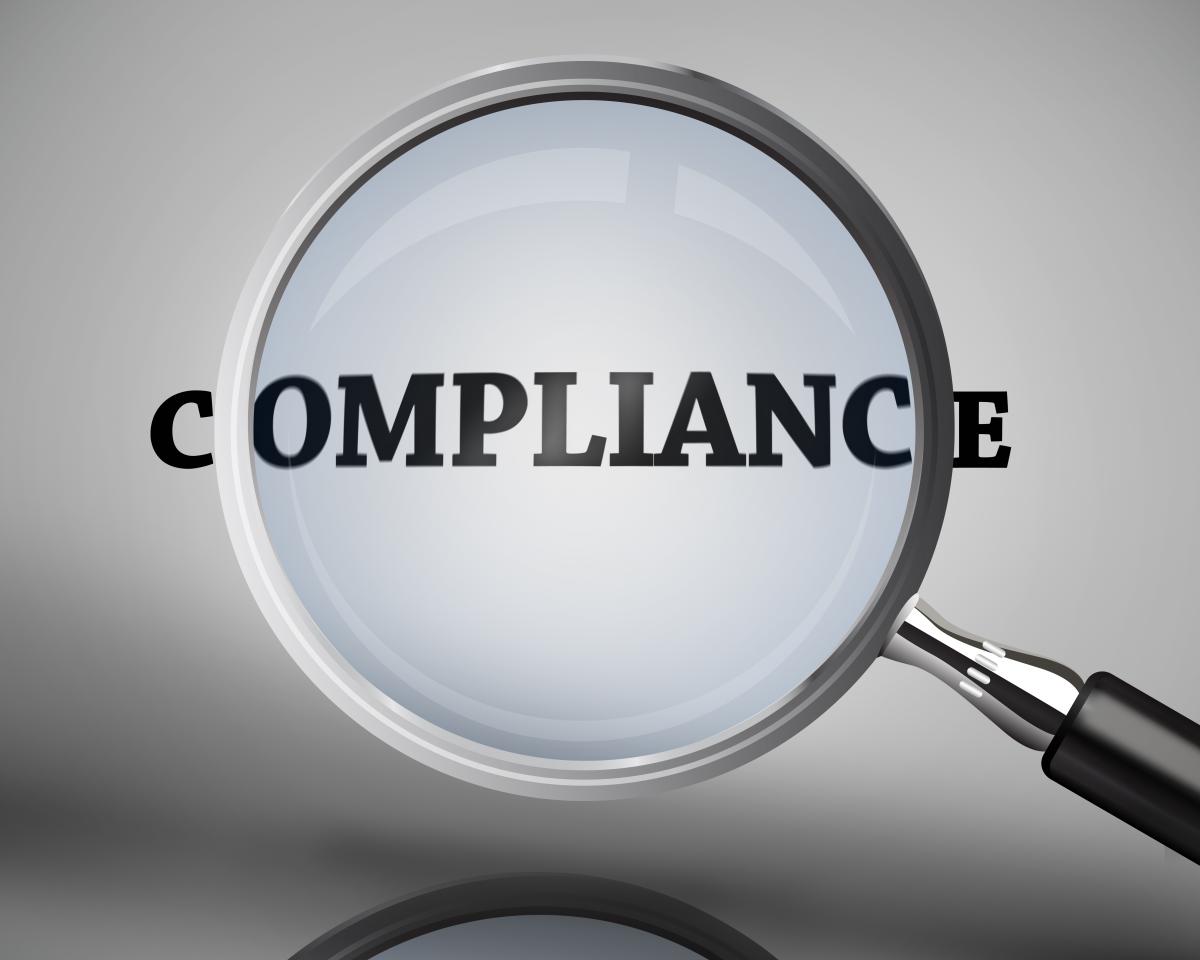 For the second year in a row, implementing the Securities and Exchange Commission’s new marketing rule for investment advisers remains the No. 1 worry for investment adviser compliance officers.
For the second year in a row, implementing the Securities and Exchange Commission’s new marketing rule for investment advisers remains the No. 1 worry for investment adviser compliance officers.
This is according to the 17th annual Investment Management Compliance Testing Survey—a joint project of the Investment Adviser Association, ACA Group and Yuter Compliance Consulting. In fact, advertising/marketing was identified by 78% of survey respondents as the “hottest” compliance topic—up 20 percentage points from last year.
With the full compliance date for the rule fast approaching, firms need to be working toward updating their policies and procedures. The SEC in December 2020 voted to modernize rules governing investment adviser advertisements and solicitor compensation under the Investment Advisers Act. To give advisers a transition period, advisory firms have until Nov. 4, 2022, to come into full compliance with the rule.
Most firms (69%) indicated that they plan to comply with the new rules “on or shortly before” the November compliance date, while 16% indicated they are gearing up for compliance and 11% indicated that they are already complying with the rule.
When asked which policies and procedures they have revised or anticipate revising in light of the marketing rule, the top responses were “process for reviewing marketing materials” (62%), training (57%), testing and annual reviews (41%) and recordkeeping (40%).
Interestingly, when asked whether their firm anticipates using more social media for marketing purposes in light of the rule, nearly all respondents (92%) said no.
DOL Rollovers
Turning to the DOL’s rollover rules—where the documentation and disclosure requirements kicked in on July 1—most firms (67%) indicated that they do not provide advice and/or recommendations on rollovers from ERISA plans.
When asked how they handle situations where a client comes to their firm with 401(k) assets, 40% of respondents indicated that they let the client know that they do not provide advice and/or recommendations on rollovers. Another 16% said they only allow rollovers if the client has already made the decision to rollover 401(k) assets to their firm. Thirty-seven percent of respondents answered “other (please specify),” but the report does not provide what those answers were.
For those firms that are engaging in rollover advice, it appears that the large majority of them (83%) are planning to rely on the DOL’s fiduciary exemption (PTE 2020-02) to provide rollover advice and recommendations. The remaining 17% indicated that they rely on another PTE. Note that the survey results show that only 105 of the 425 responding firms answered this question.
As to what they see as the greatest obstacle to complying with PTE 2020-02, 44% of respondents worry about the “inability to obtain 401(k) plan information.” Additional liability for their firm as an ERISA fiduciary was cited by 27% of respondents, while increased costs due to additional disclosure obligations and the annual retrospective review requirement both received 14% of responses. Similarly, this question received less than 100 responses.
Other Key Topics
Meanwhile, behind the SEC’s marketing rule, cybersecurity followed with 67% and climate change/ESG climbed to third in compliance officers’ list of hot topics, named by 50% of respondents.
Other key topics noted align with the SEC exam, enforcement and rulemaking priorities, including:
- conflicts of interest (33%);
- fee calculation and billing/expenses (28%);
- private funds regulation (26%);
- digital assets (22%);
- insider trading (18%);
- valuation (17%); and
- electronic communications surveillance (17%).
No survey respondents reported material compliance violations related to business continuity plans (BCP) and the pandemic, which the IAA notes is evidence of strong compliance programs.
With respect to the breakdown of employees teleworking, the findings suggest that the industry is more remote than expected, with only 13% of respondents having fully returned to the office. Nearly three-quarters of firms (73%) had some or all personnel working from home.
The findings in the survey are based on the responses from compliance professionals at 425 investment adviser firms. All firm sizes were represented, with 21% of respondents managing less than $1 billion in assets, 41% managing $1 billion to $10 billion, and 37% managing more than $10 billion. Nearly half (42%) of responding firms reported having between 11 and 50 employees, which the IAA notes is consistent with industry data showing that most investment advisers are small- to mid-sized businesses.
Services provided by responding firms spanned the full range of client types, including retail individuals with a typical account size of $1 million or less (35% of respondents), private funds (60%), ERISA assets/pension consultants (45%), institutional clients (58%) and high net worth individuals (56%).

